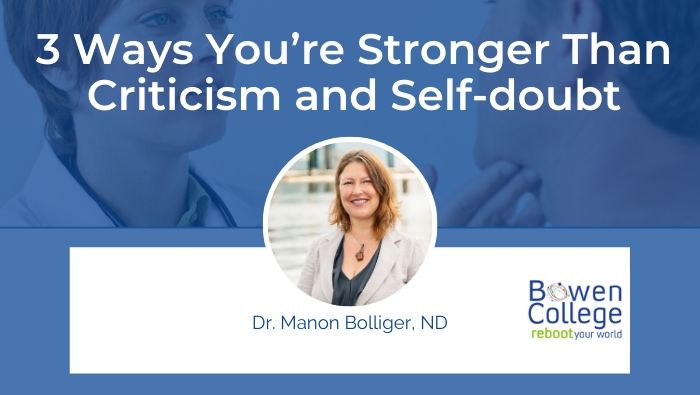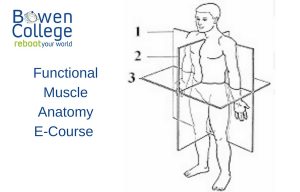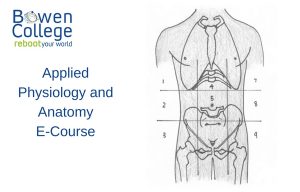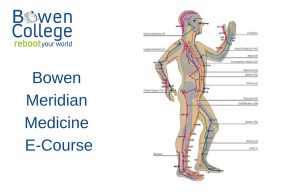No matter what we do, self-doubt and/or criticism is inevitable. Like knives, words can leave us bleeding, but they can also cut what no longer serves us. Often, we’re blind to our own flaws, and it’s not until we see ourselves through other people’s eyes, that we notice them. After all, it’s human nature to seek love, attention and approval. We want to feel appreciated for the work we do. The problem is when we allow other people’s opinions to cripple us. Even in a sea of praise, a single critic can sink our spirits. Yet the real problem has nothing to do with what we hear but what we choose to accept.
Here’s the simple truth. What doesn’t bother us just doesn’t bother us. Whenever we feel hurt, angry or defensive, these are symptoms of something much deeper – shame. When people criticize us, we’re wounded by our own inner-shame reflected back at us. It hurts not because it’s true but because we believe it is. They mirror back to us our own insecurity and limiting beliefs. Criticism highlights the part of us we haven’t really incorporated – the part of us we haven’t truly embraced.
1. Take it with a grain of salt.
Before accepting what people say, take a moment to pause. Is what they’re saying true, and if so, is it valid? Sometimes the words they speak says more about them than it does about us. Just because it’s their truth doesn’t mean it has to be ours. Other people’s criticisms are rooted in their own childhood, their own upbringing and their own sense of right or wrong. It need not necessarily be an attack against ourselves.
Rather than demonizing our critics, we must see them for what they are – people in need of compassion. In the first place, they wouldn’t say these things if they haven’t learned it themselves. Somewhere along the way, they’ve ingrained these beliefs into their own life. More than anything, the people who say the most hurtful things are the ones who need the most healing.
Criticism isn’t always grounded in reality, but in people’s perceptions of it. Like water, how we see ourselves is shaped by what we choose to believe. The moment we redefine ourselves, this feeling shifts.
2. Focus back on self-love.
Love is not an object that needs to be found, therefore, it can never truly be lost. It’s a feeling that dwells inside us. When we love someone and feel loved in return, we are awakening a part of ourselves. When we center our lives on other’s expectations, we lose our sense of balance. Instead of feeling connected, it becomes this gnawing desire to feel wanted. In the futile effort to please everyone, we end up losing ourselves.
Self-love isn’t selfish. It’s recognizing that true love comes from a place of security. It’s a strength anyone can tap into all the time. The more we love ourselves, the more we’re able to serve those we care about.
3. A single part doesn’t define a whole.
As a society, we’re taught to zero in on our flaws while ignoring everything else. Criticism hurts so much because we’re already beating ourselves up. We stare at the scars forgetting the battles we’ve won along the way. We see wrinkles and laugh lines instead of happiness etched on our skin. Yet these things don’t define us. Our worth, as people, is more than the sum of our parts.
Our bodies are the storehouses for our experiences. Beyond flesh and bones, they hold memories we can never replace. Through them, we experience everything in the world – whether it’s physically, mentally or emotionally. Even when we stumble, the body somehow manages to repair itself. Even if we don’t always see it, there’s so much beauty that even the most painful words can never tear it down.









